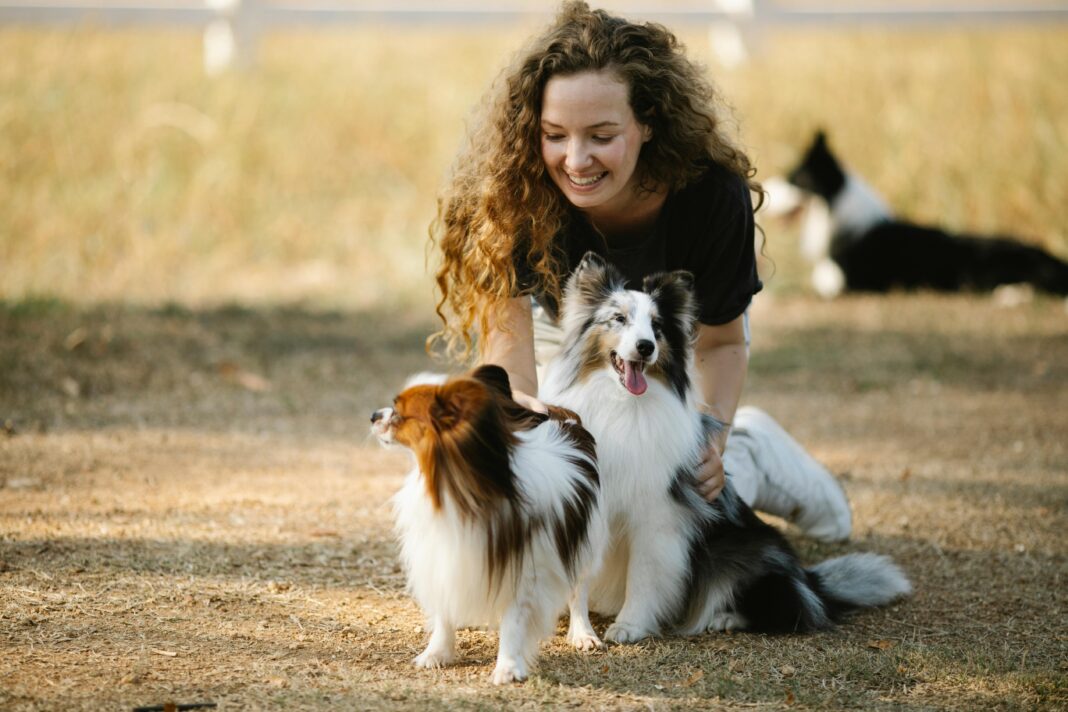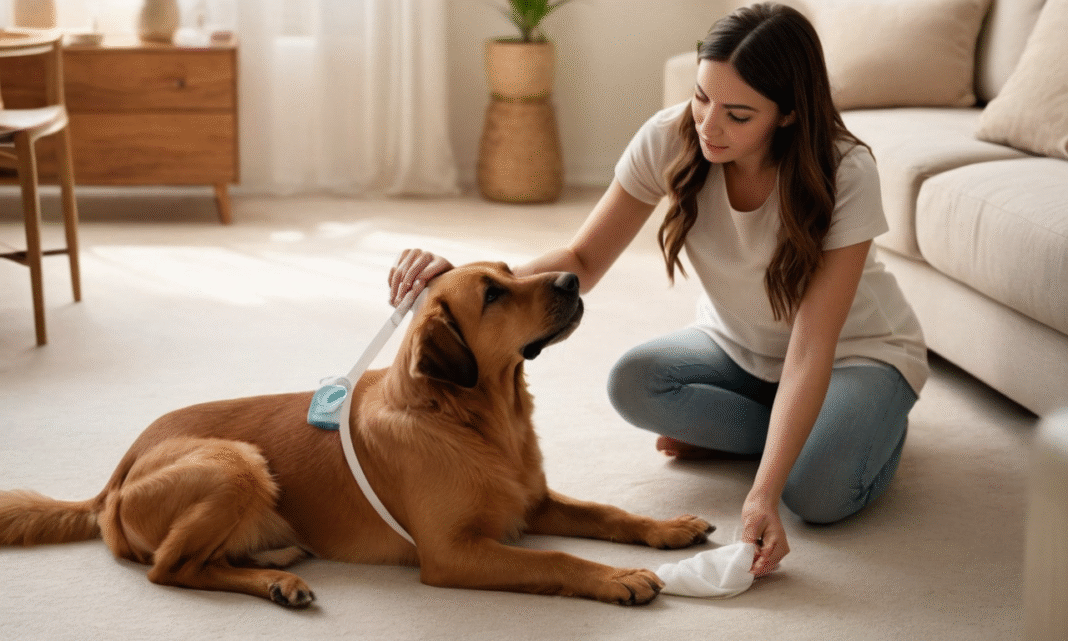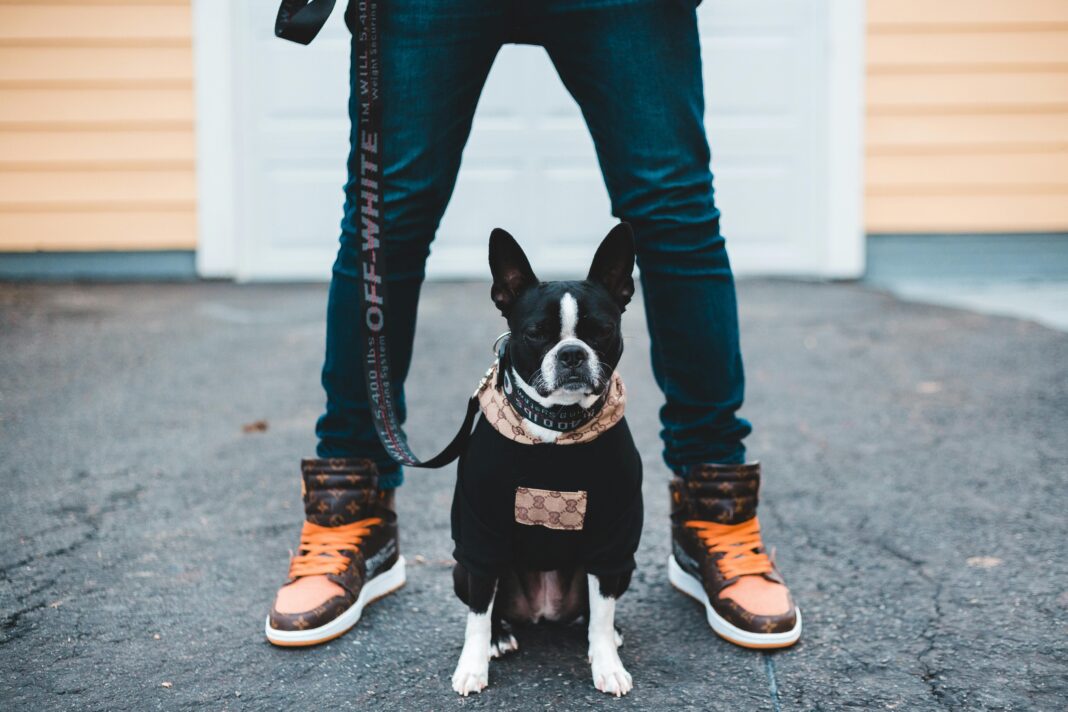Raising a well-adjusted dog begins with proper socialization during their early developmental stages. A well-socialized puppy grows up to be a confident, friendly, and adaptable adult, ready to face different experiences. Here’s your comprehensive guide to ensuring your puppy becomes a happy and well-rounded member of your family.
Understanding Puppy Socialization
Puppy socialization refers to the process of exposing your pup to various environments, people, and other animals. This process is crucial during the first few months of a puppy’s life and can shape their behavior for years to come. Proper socialization helps your puppy learn how to interact politely with their environment, reducing the risk of behavioral issues down the line.
Why Is Socialization Important?
-
- Preventing Fear and Aggression: Unsocialized dogs may exhibit fear or aggressive behaviors towards unfamiliar situations or individuals. Early exposure helps reduce these negative reactions.
-
- Building Confidence: Well-socialized puppies learn to trust their owners and the world around them, leading to a more relaxed and confident adult dog.
-
- Enhancing Learning: Socialized puppies are generally more open to training and can learn commands more quickly, making them easier to manage.
Ideal Socialization Window
The critical socialization period for puppies is between 3 and 14 weeks of age. During this time, they are more receptive to new experiences. It’s essential to prioritize socialization within this timeframe to maximize effectiveness.
Effective Socialization Techniques
1. Gradual Exposure to Different Environments
Start by introducing your puppy to various settings like parks, streets, and busy areas. Each location provides unique stimuli:
-
- Parks: Introduce them to other dogs and people in a controlled manner. Observe their reactions and reward calm behavior.
-
- Urban Areas: Take short walks in busy environments to help your puppy acclimate to different sounds, sights, and smells.
2. Meeting Different People
Encourage your puppy to meet a variety of people, including different ages, genders, and ethnicities. This helps your dog become comfortable around individuals who may not look or behave like their family.
-
- Playdates: Arrange playdates with friends’ dogs to introduce your puppy to different temperaments and sizes.
-
- Family Visits: Over the course of several visits, allow family members to interact with your puppy, helping the dog learn to socialize with a diverse range of people.
3. Engaging with Other Dogs
Socialization with different dogs is just as important. Here’s how to do it effectively:
-
- Dog Parks: Choose times when the park isn’t overcrowded and supervise your puppy’s interactions. Watch for signs of stress or aggression.
-
- Training Classes: Group classes offer a controlled environment for puppies to learn and interact under supervision while focusing on obedience skills.
4. Positive Reinforcement
Using positive reinforcement is key to successful socialization:
-
- Rewards: Always have treats on hand to reward your puppy for calm, friendly behavior. This reinforces their willingness to engage with new experiences.
-
- Encouragement: Use a cheerful tone to encourage interactions and create positive associations with new sights, sounds, and smells.
Common Challenges and Solutions
1. Fear of New Experiences
If your puppy shows signs of fear, such as cowering or retreating, don’t force them into the situation. Instead:
-
- Take It Slow: Allow your puppy to observe a new experience from a distance. Gradually decrease the distance as they become more comfortable.
-
- Create a Safe Space: Bring along something familiar, like a favorite blanket or toy, to help comfort your puppy.
2. Overstimulation
Sometimes, too much exposure can lead to overstimulation. Signs include excessive barking or frantic behavior. To manage this:
-
- Short Sessions: Keep initial socialization sessions short, gradually increasing their duration as your puppy becomes more accustomed.
-
- Quiet Time: Ensure your puppy has ample time for rest and recovery after socialization sessions to avoid burnout.
Health Considerations During Socialization
Keep in mind that your puppy’s health is paramount during socialization:
-
- Vaccinations: Ensure your puppy is up to date on vaccinations before exposing them to potentially high-risk environments like dog parks. Consult your veterinarian for guidance.
-
- Parasite Control: Protect your puppy from parasites, which can be transmitted in public areas. Regular vet check-ups and preventative treatments are essential.
Building a Routine
Creating a consistent routine for socialization can ensure your puppy gets the necessary exposure:
-
- Daily Walks: Incorporate varied routes to expose your puppy to different surroundings.
-
- Scheduled Playdates: Regularly invite friends with dogs over to foster ongoing social opportunities.
Monitoring Progress
Keep an eye on your puppy’s behavior as they grow. Documenting their experiences can help you identify areas where they excel and where they may need additional support.
Recognizing Signs of Progress
-
- Calmer Behavior: Notice if your puppy becomes less anxious in previously challenging situations.
-
- Positive Interactions: Pay attention to increased interest in new people and dogs.
By following these essential puppy socialization tips, you’re setting your furry friend up for a lifetime of happiness and confidence. Socialization is a crucial aspect of your puppy’s early development and plays a significant role in their overall health and behavioral health in the long run. Enjoy the journey as you help them discover the world!





